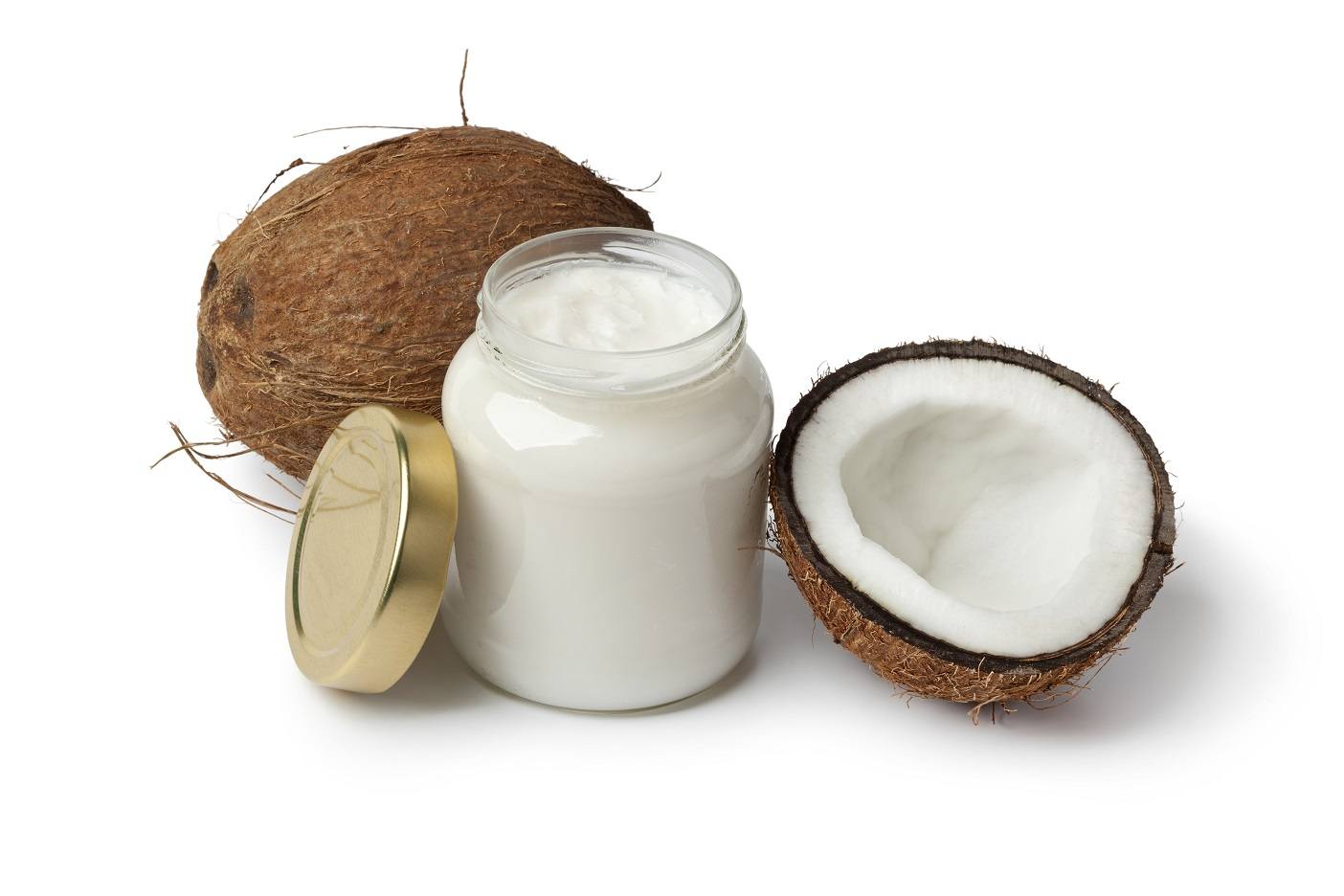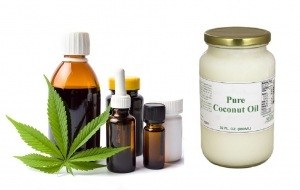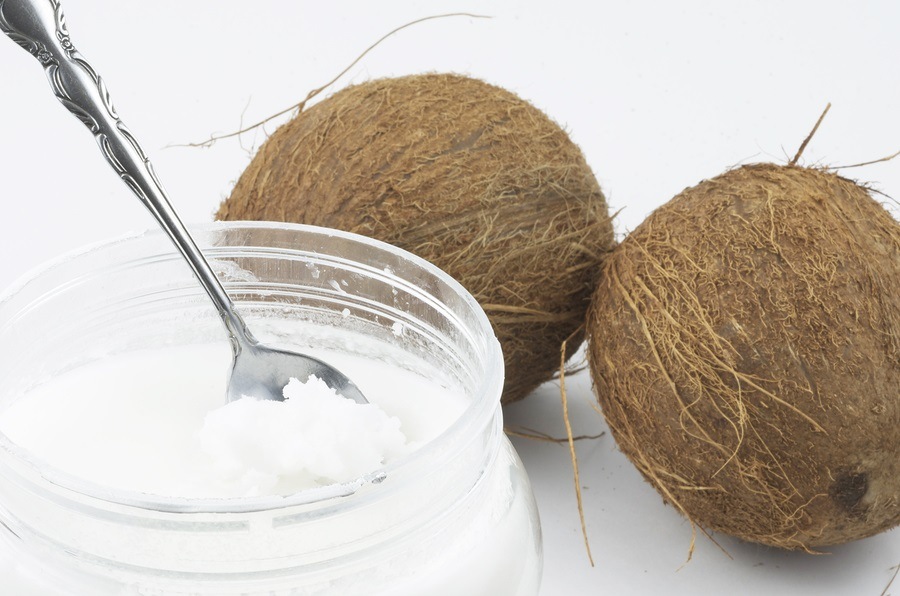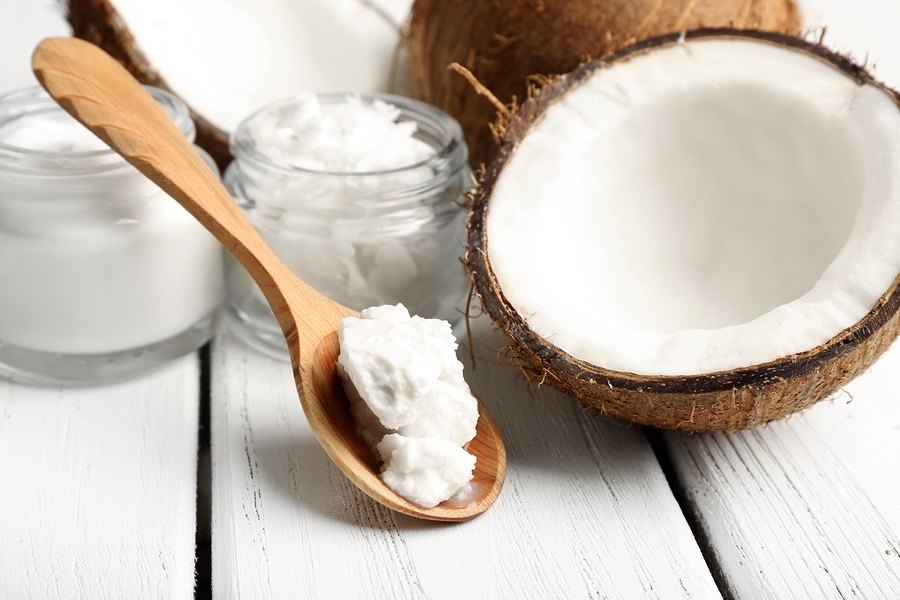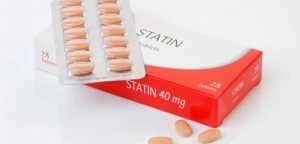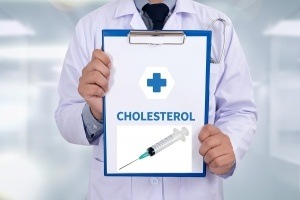Are Soy Formulas Affecting Hormones in Infants?
According to the American Academy of Pediatrics (AAP), 25 percent of commercial infant formulas are soy based. In an August 2017 article in the online publication Undark, publisher Deborah Blum brought up the soy formula for infants controversy by interviewing Dr. Jack Taylor, M.D., Ph.D., who is heading research on the effects of soy on infants at the University of North Carolina, funded by the NIH. The research follows up on children’s health development among three categories of infant feeding: breast milk; cow’s milk formulas; and soy formulas. This research group’s most recent paper, “Soy Formula and Epigenetic Modifications” determined a genetic change with vaginal cells among young girls fed soy milk as infants. In her article Blum points out: “Research shows that soy milk and soy formula contain up to 4500 times the level of phytoestrogens found in cow’s milk or breastmilk. … consider further, that a baby on a soy formula diet is being repeatedly dosed every day.” Dr. Taylor states: “Well, you are absolutely correct that these babies are getting a lot higher dose of a known estrogenic compound than they’ll ever get from BPA or an endocrine disruptor like that.” Another study published earlier in the Lancet concluded: "Circulating concentrations of isoflavones in the seven infants fed soy-based formula were 13,000 – 22, 000 times higher than plasma oestradiol [a type of estrogen] concentrations in early life, and may be sufficient to exert biological effects, whereas the contribution of isoflavones from breast-milk and cow-milk is negligible."




